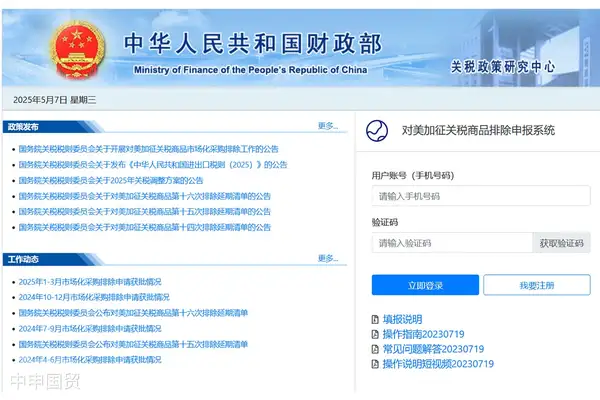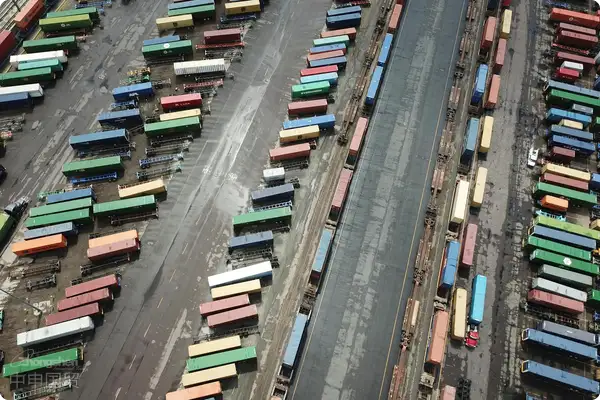- Shanghai Zhongshen International Trade Co., Ltd. - Two decades of trade agency expertise.
- Service Hotline: 139 1787 2118
Particularly noteworthy is the passage of the Iran - China Energy Sanctions Act of 2023. The content of this bill has attracted widespread attention in the international political and global financial fields. According to this law, any financial service involving the purchase of oil, petroleum products, or drones and their components from Iran can be regarded as an act triggering sanctions, significantly lowering the threshold for imposing sanctions on Chinese financial institutions.

According to the provisions of the National Defense Authorization Act for Fiscal Year 2012 of the United States, if a foreign financial institution conductssignificant financial transactions with the Central Bank of Iran or other designated Iranian financial institutions, the US President must restrict or prohibit the business of these financial institutions in the United States. The definition ofsignificant financial transactions in the new bill has been adjusted, removing the limitations on the scale and nature of the transactions, and almost all Iran - related transactions may trigger sanctions.
This change may have a profound impact on the global financial market. First, for Chinese financial institutions, this not only increases their compliance costs for international transactions but may also affect their normal business dealings with Iran. China and Iran have a long - standing history and a solid economic foundation in energy cooperation. The new sanctions law may impact these cooperative relationships.
According to the new bill, the US President is required to determine whether any foreign financial institution has triggered the above - mentioned sanction conditions within 180 days after the promulgation of the bill and annually within the next five years, and report the results to the House Financial Services Committee and the Senate Committee on Banking, Housing, and Urban Affairs. This provision means that relevant financial institutions will face continuous review and uncertainty.
Although the final version of the bill in the House of Representatives added the qualification of based on relevant facts and circumstances, leaving some room for discretion, overall, the bill poses obvious restrictions and challenges to the financial transactions between China and Iran. In the future, this may prompt the countries and institutions involved to reconsider and adjust their international financial strategies and policy layouts.
Although the final version of the bill in the House of Representatives added the qualifier based on relevant facts and circumstances, leaving some room for discretion, overall, the bill imposes clear constraints and challenges on financial transactions between China and Iran. In the future, this may prompt involved countries and institutions to reconsider and adjust their international financial strategies and policy layouts.
Related Recommendations
? 2025. All Rights Reserved. Shanghai ICP No. 2023007705-2  PSB Record: Shanghai No.31011502009912
PSB Record: Shanghai No.31011502009912










